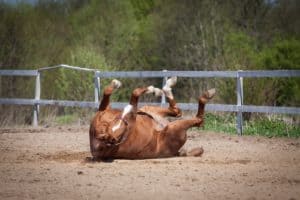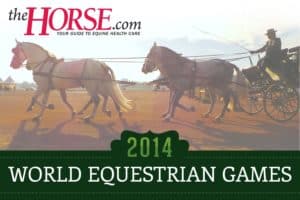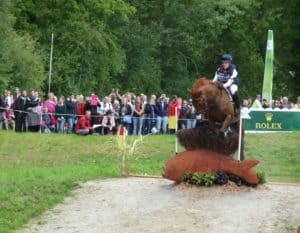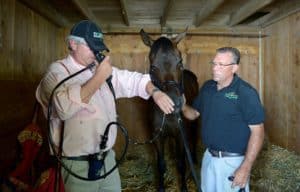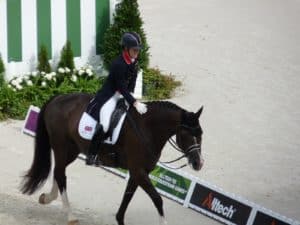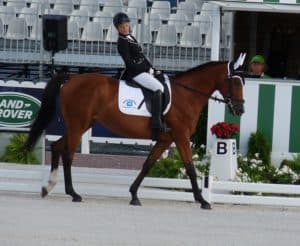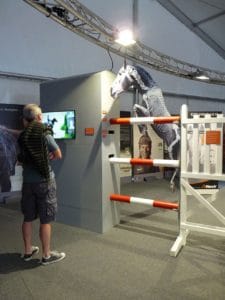
Do Professionals Judge Horse Behavior Like Scientists?
Recent study results yielded mixed results: Equestrian professionals, on the whole, appear to have an appreciation for welfare-friendly behavior in the show ring, but they disagree with scientists when it comes to head and neck positions.




